Bravery in Journalism: Langker and Felice Win Award for Reporting from West Papua
INDONESIA, RAKYAT NEWS – Two Australian journalists, Kristo “Berani” Langker and Kirsten “Tangguh” Felice, have been recognized for their courageous reporting after walking through West Papua to cover the use of rockets and mortars by Indonesian security forces against the indigenous Papuans in the Highlands of Papua.
Their work, which involved crossing jungles and rivers on foot and entering Indonesia without a visa, earned them the Oktovianus Pogau Journalism Award from the Pantau Foundation for their bravery in journalism.
Langker and Felice, who work for Paradise Broadcasting, a new media outlet based in Sydney, ventured into the conflict zone to report on the asymmetrical battles between the West Papua National Liberation Army (TPNPB) and Indonesian forces.
They sought to explain the ongoing conflict by interviewing several members of the TPNPB, who had crossed from Papua New Guinea (PNG) into Indonesia’s de facto Papua region. Their investigative work highlighted the significant risks they faced, traveling through an area with a history of restricted foreign media access.
Yuliana Lantipo from the Pantau Foundation commended the journalists. “It’s impressive how brave these two young journalists are. Entering conflict zones in Papua is not easy, especially for foreign nationals, and the risks they faced were substantial,” she said
Lantipo emphasized the courage required to report from such a challenging and dangerous environment.
The journalists’ work began with the establishment of Paradise Broadcasting by Langker in 2023. The media outlet focuses on in-depth reporting, such as Langker’s earlier coverage of the kidnapping of New Zealand pilot Phillip Mark Mehrtens by the Papuan guerrillas in the Central Highlands.
His report, titled “Hostage Land: Why Papuan Guerrilla Fighters Keep Taking Hostages,” shed light on how indigenous Papuans use hostage-taking as a means to draw international attention to their cause.
In 2024, Langker and Felice focused their coverage on the West Papua region, specifically in the Bintang Mountains, where they documented the use of military-grade weapons such as rockets and mortars by Indonesian security forces.
They uncovered four types of explosives used in Indonesian attacks on the Kiwirok area in the Bintang Mountains during September and October 2021. These included Serbian-made 81mm mortars, French Thales FZ 68 air-launched rockets, Indonesian-made 40mm grenades, and unidentifiable plastic tail fins.
The journalists also gathered evidence that Indonesian forces were using Chinese-made Ziyan Blowfish A3 drones and helicopters like the Airbus H125M and H225M to carry out airstrikes against the Papuan militants.
The Indonesian government responded by requesting YouTube to block the “Frontier War” documentary, which featured this footage.
Langker and Felice’s journey through the difficult terrain of the Bintang Mountains was not only physically demanding but also politically fraught.
Since 1967, Indonesia has severely restricted foreign journalists from entering Papua, making their reporting all the more significant. Journalists who have tried to cover the conflict have often faced challenges obtaining visas, and many have been detained or harassed.
On September 13, 2021, tensions between the Indonesian military and TPNPB escalated in Kiwirok, leading to a deadly clash in which both Papuan militants and Indonesian soldiers were casualties.
The Indonesian military responded with airstrikes, dropping 14 mortars on the area. This was part of the ongoing military actions that have displaced thousands of civilians, with many fleeing across the border into Papua New Guinea.
Despite these dangerous conditions, Langker and Felice remained dedicated to their mission. They embarked on foot after multiple flights in Papua New Guinea, trekking into the Bintang Mountains to document the ongoing violence and military operations. Their work shed light on the Indonesian military’s operations in the region, which they described as “law enforcement” but which locals viewed as military aggression.
Langker and Felice’s investigation is particularly important as it highlights the Indonesian military’s use of heavy artillery and drones, weapons often not seen in previous reports of the conflict. Their work also illustrates the challenges faced by journalists covering one of the most restricted and contentious regions in the world.
The Oktovianus Pogau Journalism Award, named after a late Papuan journalist who was known for his fearless reporting, honors those who report from areas of conflict and risk. Pogau, who died in 2016 at the age of 23, was recognized for his efforts in reporting on violence during the third Papuan Congress in Jayapura in 2011. His legacy continues through the annual award, which is managed by the Pantau Foundation.
Kristo Langker, aged 24, and Kirsten Felice, 25, are both based in Sydney, Australia. Langker is still a student at the University of Sydney, studying music, while Felice, a graduate of Torrens University, works as a video journalist. Their achievements serve as an inspiring example of courage and dedication to reporting in some of the world’s most challenging environments.
The award not only honors their bravery but also serves as a reminder of the importance of free press in conflict zones. As Lantipo recalled her first meeting with Oktovianus Pogau, she saw in Langker and Felice the same spirit of determination and bravery that Pogau embodied in his reporting.
“Their courage reminds me of Octo,” she said, drawing a parallel between the young journalists’ commitment to truth and the late Pogau’s fearless reporting from Papua. (Uki Ruknuddin)



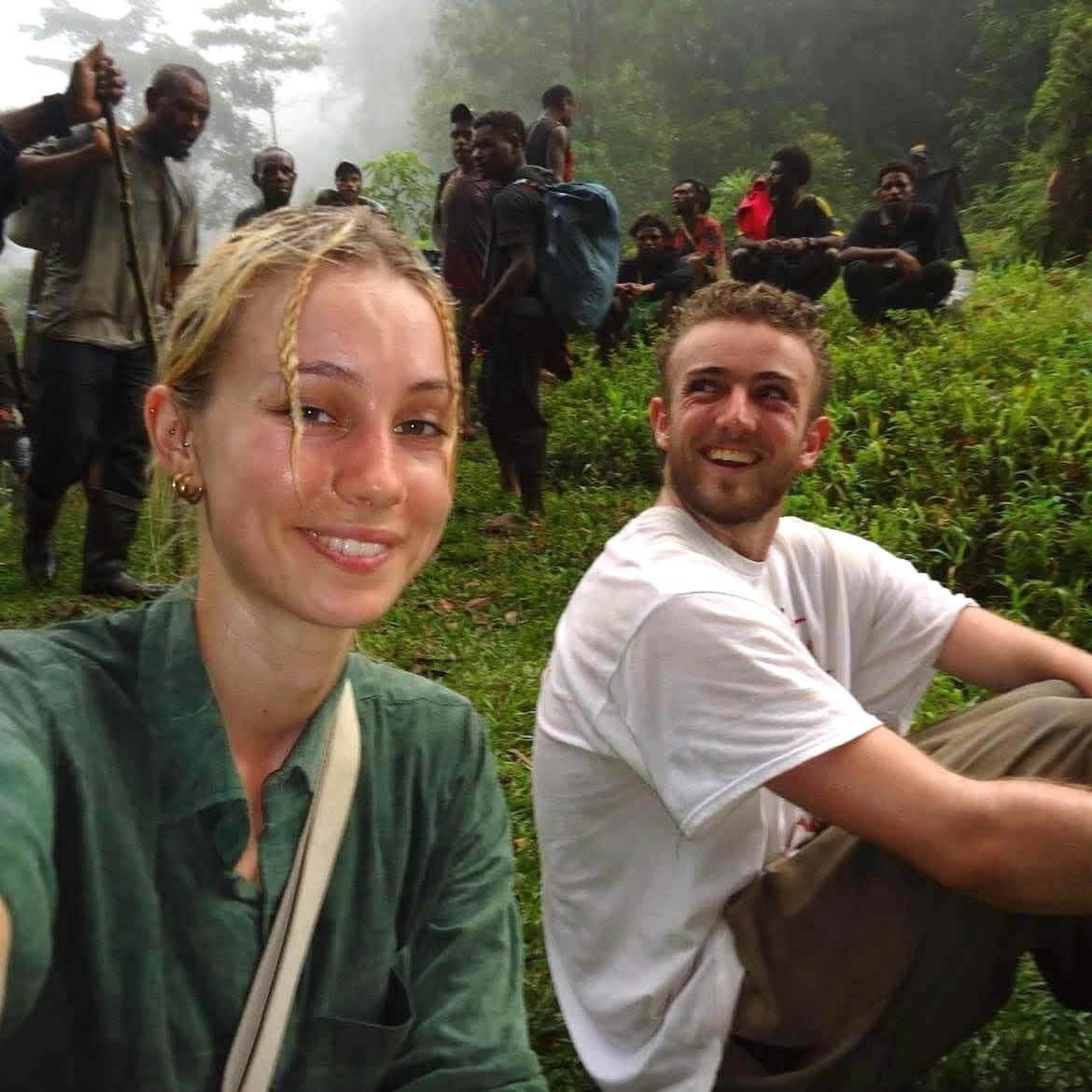













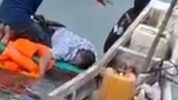


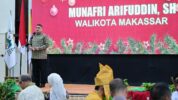

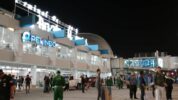
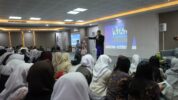

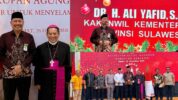
Tinggalkan Balasan